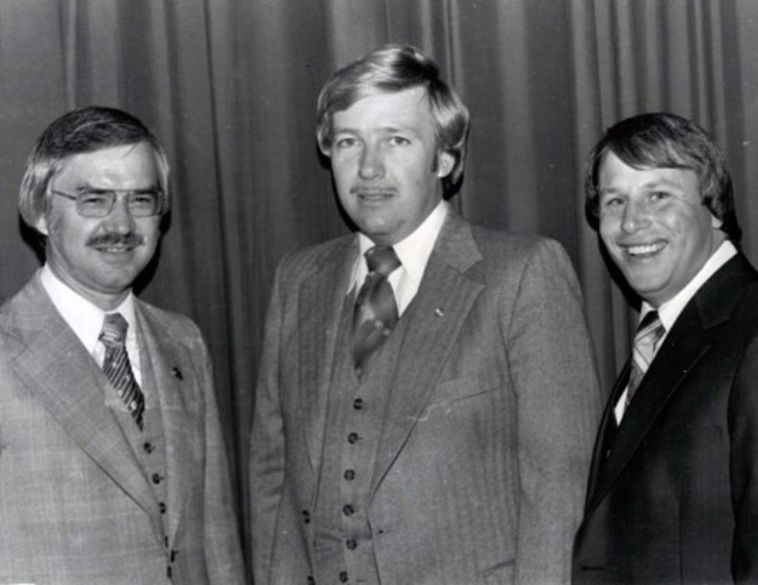Simplicity Car Care’s ESG policy represents the unfolding of a new era in collision repair.
Over the last several years, we’ve seen a growing interest in sustainable business practices across many industries.
In the collision sector, Simplicity Car Care has created an Environmental and Social Governance (ESG) blueprint, with the objective of becoming, as an organization, climate positive by 2045.
Established in 2017, Simplicity Car Care has expanded from its roots in the Greater Toronto Area into a national collision repair network across Canada, with a mission to make car care, “simple and affordable for every vehicle owner in the world.”
Legacy as well as leadership
Alongside that mission statement, is a goal to create a sustainable business strategy in achieving that aim, for as Simplicity Car Care CEO Paul Prochilo explains, “market leadership is not just measured by scale and performance, but also by legacy.”
Prochilo states that because the network’s goal is to become a global brand, it’s extremely important, “to leave a positive impact in every community we serve.”
To that end, Simplicity Car Care not only established an ESG directive that emphasized legacy as well as growth but also created a plan that ensured commitment to results over the long term, as well as enlisting the help of specialists and consultants to help achieve significant, sustainable reductions in carbon emissions.
This strategy includes establishing a baseline in order to measure performance and improvements over time. “Measurement leads to management,” explains Prochilo, and the carbon consultants that Simplicity Car Care is working with have helped the network establish monthly analytics that track carbon reduction progress and performance.
Additional benefits
Besides doing the right thing and helping protect the environment for future generations, ESG has some additional benefits. Prochilo references a study, which identified that 79% of companies listed on the S&P 500 actually generate greater returns on carbon reduction investments than they do from traditional capital investments.
The study also revealed that the highest returns lay in energy improvement efficiencies that earned an overall return of 196%, with the average payback period taking just two to three years.
Simplicity Car Care’s stated goal at present, is to implement a carbon footprint reduction of 6% per year until climate positivity is achieved in 2045.
And in case anyone reading this might be wondering, this isn’t a declaration, but an actual plan with a rollout that’s already underway. “We began by investing in technology to assist us in having a global reading of our network’s carbon footprint,” says Prochilo, “as well as working with consultants to help roll out our science-based targets.”
To be successful with a strategy like this, requires firstly, being well informed, and secondly focusing on what Prochilo terms as “the small-ball approach,” taking into account the upfront cost of rolling out such a program. “By beginning to measure your carbon footprint and working with stakeholders for ideas on how to reduce carbon emissions,” he says, “there is a high probability you will offset any costs.”
Wider involvement
And while a practical, sustainable ESG strategy is a laudable endeavour for any one single enterprise to really have an impact, it needs to have a wider scope of involvement.
Prochilo explains that a major reason for sharing the network’s ESG objectives with the collision repair industry is to rally others to the cause, and by doing so, allow the entire sector to enhance the communities it serves across the globe by collectively moving forward towards a climate positive target.
“We aspire,” says Prochilo, “to see not only Simplicity Car Care but our entire industry as a beacon of hope and an example of ESG excellence.”
Sponsored content by Simplicity Car Care.



